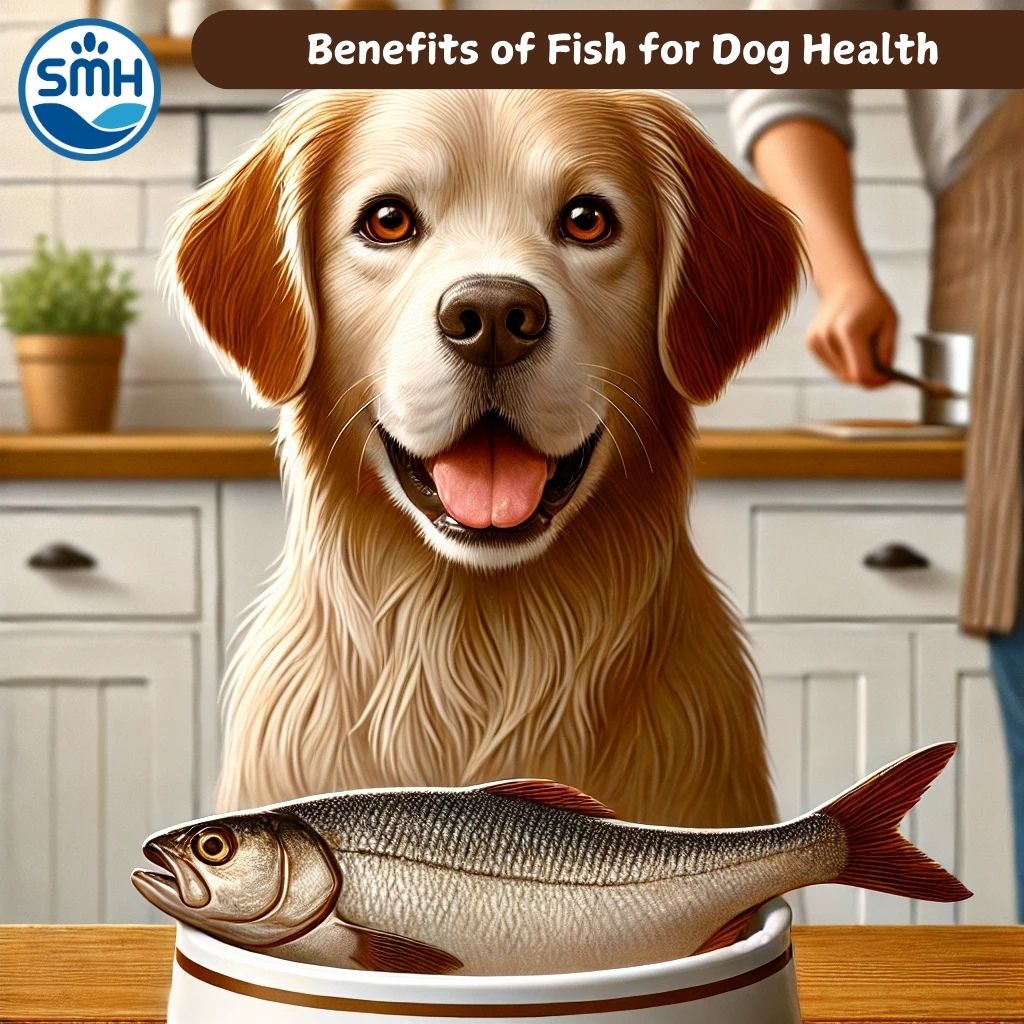10 How to Keep Your Dog Healthy
By. Mohammad Khosidil Haq - 20 Dec 2024
makananhewani.com - Keeping dogs requires special attention to their health so that they remain active, happy and live long. Here are some practical ways to keep your dog healthy:
1. Provide nutritious food
Choose high-quality food designed specifically for dogs. Make sure the food contains a balance of protein, fat, fiber, vitamins and minerals. Avoid giving human foods such as chocolate, grapes, or onions, as they can be toxic to dogs.
2. Ensure clean water is always available
Dogs need access to clean water at all times to prevent dehydration. Make sure the water bowl is always clean and change the water regularly.
3. Physical Exercise and Activity
Physical exercise such as walking, playing or swimming is very important for maintaining a dog's physical and mental health. This activity helps maintain ideal body weight, strengthens muscles, and reduces the risk of disease.
4. Routine Maintenance
- Bathing Your Dog: Bathe your dog regularly according to its coat type. Use a special dog shampoo to prevent skin irritation.
- Coat Brushing: Regular brushing helps eliminate loose hair and keeps the skin healthy.
- Nail Care: Trim your dog's nails regularly to avoid pain or injury due to nails that are too long.
5. Regular Health Checks
Take your dog to the vet regularly for health checks. Vaccinations, deworming, and early detection of health problems are essential to ensure your dog remains healthy.
6. Dental Health
Oral health is often overlooked, but it is very important. Clean your dog's teeth regularly with a special toothbrush and toothpaste for dogs. Provide chew toys or treats designed for dental health.
7. Prevents Parasites
Use anti-parasitic medication such as flea and worm medication to protect your dog from infection. Check its fur periodically for signs of parasites such as fleas or mites.
8. Provide Enough Rest
Make sure your dog has a comfortable bed and enough rest time. A calm, stress-free environment also helps maintain a dog's mental health.
9. Ensure environmental cleanliness
A clean environment prevents dogs from being exposed to bacteria or viruses that can cause disease. Clean his bed, food bowls and toys regularly.
10. Attention and Love
A dog's mental well-being is just as important as its physical health. Take time to play, talk, and show affection to your dog.
Read more : 7 Good Food for Cats: A Guide to Proper Nutrition ;Benefits of Shrimp for Dogs: A Delicious and Healthy Source of Nutrition ; Benefits of Fish for Dog Health
Conclusion
Keeping a dog healthy requires a combination of physical care, good nutrition, and emotional attention. By implementing these steps, you will not only improve your dog's quality of life but also build a closer, more loving relationship.







.jpg)